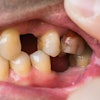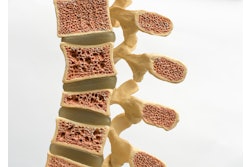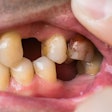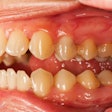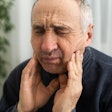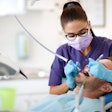Married older individuals, especially men, had more teeth than those who didn’t have spouses, which was mediated by better oral health habits like toothbrushing. This large study was published on September 11 in Geriatrics and Gerontology International.
The possible correlation between marital status and the number of intact teeth may have vital implications for dental public health, the authors wrote.
“Having a spouse has a positive association with oral health behaviors and the number of teeth,” the authors wrote, led by Dr. Jun Aida, PhD, MPH, of the Institute of Science in Tokyo.
To examine the mediating effects of oral health behaviors on the link between marital status and the number of intact teeth, a cross-sectional study was conducted using data from the Japan Gerontological Evaluation Study 2022. The data from 21,745 people age 65 and older were included in the analysis. Mediation effects of dental treatment, toothbrushing, drinking, and smoking were evaluated, according to the study.
Of the participants, 10,374 were men, and 11,371 were women. Of the men, 8,650 had spouses and 1,725 were not married. Of the women, 7,083 had spouses and 4,288 were unmarried.
In individuals with spouses, the mean number of teeth was higher (men: 18.49 [standard deviation (SD) = 10.00]; women: 20.08 [SD = 8.88]). In those who were not married, the mean number of teeth was lower (men: 16.34 [SD = 10.34]; women: 17.22 [SD = 10.35]), the authors wrote.
With regard to oral health habits, nearly 60% of men with a spouse and about 65% of women with a spouse had received dental treatment within the past year. Additionally, toothbrushing was practiced at least twice daily by nearly 67% of men with a spouse and by almost 88% of women with a spouse, they wrote.
Furthermore, the results may have implications for dental public health. Initiatives could be developed that focus on ensuring that unmarried individuals receive the support needed for optimal oral health, the authors wrote.
However, the study had limitations, including that its cross-sectional design did not indicate a causal relationship. Therefore, longitudinal studies exploring the link between marital status and the number of intact teeth should be conducted in the future, they wrote.
“In conclusion, being married in old age offers a range of benefits that contribute to the maintenance of oral health,” Aida and colleagues wrote.




